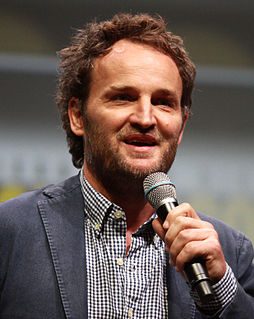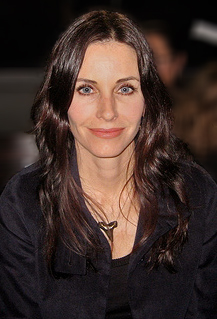A Quote by Jason Clarke
I believe it's worth observing terrible things people have done as clearly and rationally as we can to show that our monsters are not caricatures.
Related Quotes
I believe these stories exist because we sometimes need to create unreal monsters and bogies to stand in for all the things we fear in our real lives: the parent who punches instead of kissing, the auto accident that takes a loved one, the cancer we one day discover living in our own bodies. If such terrible occurrences were acts of darkness, they might actually be easier to cope with. But instead of being dark, they have their own terrible brilliance. . . and none shine so bright as the acts of cruelty we sometimes perpetrate in our own families.
I have been merely oppressed by the weariness and tedium and vanity of things lately: nothing stirs me, nothing seems worth doing or worth having done: the only thing that I strongly feel worth while would be to murder as many people as possible so as to diminish the amount of consciousness in the world. These times have to be lived through: there is nothing to be done with them.
In the chapter on study we considered the importance of observing ourselves to see how often our speech is a frantic attempt to explain and justify our actions. Having seen this in ourselves, let's experiment with doing deeds without any words of explanation whatever. We note our sense of fear that people will misunderstand why we have done what we have done. We seek to allow God to be our justifier.
To believe straight away is foolishness, to believe after having seen clearly is good sense. That is the Buddhist policy in belief; not to believe stupidly, or to rely only on people, textbooks, conjecture, reasoning, or whatever the majority believes, but rather to believe what we see clearly for ourselves to be the case. This is how it is in Buddhism.




































